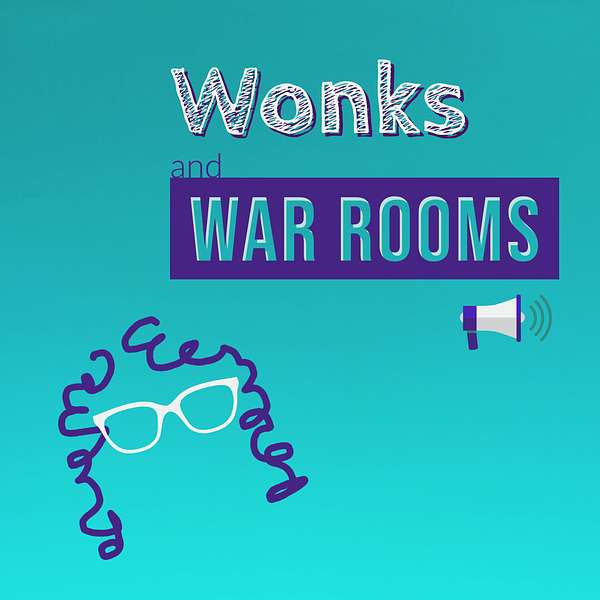
Wonks and War Rooms
Where political communication theory meets on the ground strategy. Host, Professor Elizabeth Dubois, picks a political communication theory, explains it to a practitioner, and then they have a chat about whether or not it makes sense at all out in the world of politics and communications. She chats with political staffers, journalists, comms experts, lobbyists, activists and other political actors. Elizabeth quizzes them on pol comm theory and they tell her how ridiculous (or super helpful) that theory actually is.
Wonks and War Rooms
Echo Chambers and Filter Bubbles with Adi Rao
•
Elizabeth Dubois
•
Season 1
•
Episode 6
Use Left/Right to seek, Home/End to jump to start or end. Hold shift to jump forward or backward.
Adi, a lawyer and campaigner, explains how campaigns are often thinking about how they can crack into people's filter bubbles in order to raise awareness and find new supporters. During the conversation Elizabeth and Adi tease apart the difference between algorithmically driven filter bubbles and echo chambers which come about as a result of individuals choices in their media environment.
Additional Resources:
- Eli Pariser has a helpful Ted Talk about his notion of the Filter Bubble: Beware online “filter bubbles”.
- This academic article by Dubois (yes, your host) and Blank breaks down the theory of echo chambers and talks about how people's media diets might help them avoid echo chambers: The echo chamber is overstated: the moderating effect of political interest and diverse media.
- This Knight Foundation report is a great, accessible, overview of academic research related to echo chambers: Avoiding the Echo Chamber about Echo Chambers.
- Early in the episode Elizabeth mentions homophily which is basically the idea of "birds of a feather flock together." The Wikipedia article on homophily is a great place to start.
Check out www.polcommtech.ca for annotated transcripts of this episode in English and French.
